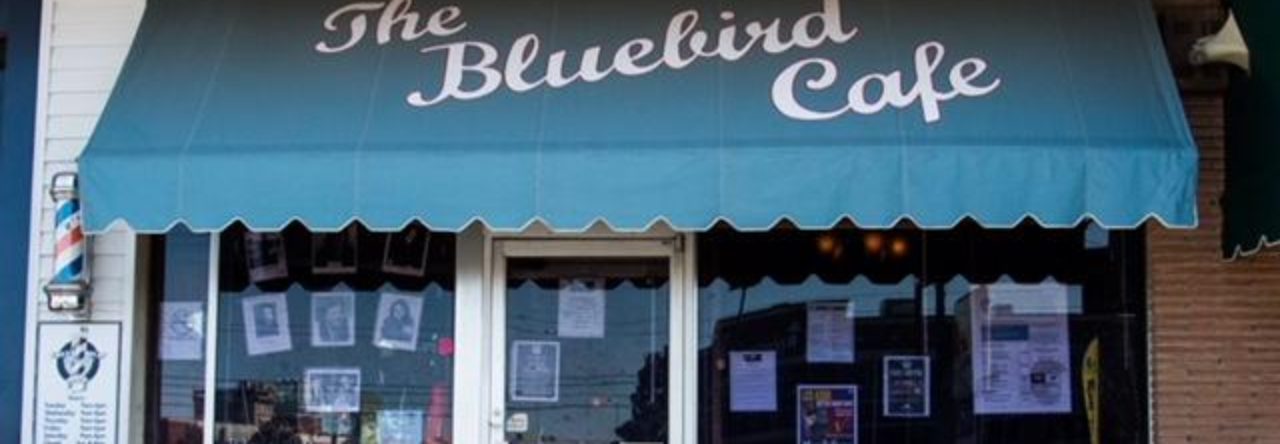Kamala Harris official portrait (2017, Wikipedia.org)
I picked up a copy of the Los Angeles Times’ publication that profiled Kamala Harris. I plan to gift it to my granddaughters on their twelfth birthday this Monday, to show them that women can succeed at the highest levels of our society and that they must work hard to succeed, which Kamala’s entire family has done.
Kamala Harris, our first female Vice President, is 56. Her younger sister, Maya, is often described as being like RFK was to JFK, as she is an attorney active in Civil Rights.
I have reprinted some abridged comments from Ms. Harris’ acceptance of the Vice Presidential spot on the Democratic ticket, which were made before the campaign began. I wanted to share an abridged version of some of her remarks, especially in light of January 6th’s insurrection, incited by Donald J. Trump. After the usual introductory remarks about her early childhood, upbringing, and education, she talked about our country right now.
Here are (some of) those remarks:
*****
“This is a country where we may not agree on every detail, but we are united by the fundamental belief that every human being is of infinite worth, deserving of compassion, dignity and respect.
Today, that country feels distant.
Donald Trump’s failure of leadership has cost lives and livelihoods.
If you’re a parent struggling with your child’s remote learning , or you’re a teacher struggling on the other side of that screen, you know that what we’re doing right now isn’t working.
And we see a nation that’s grieving. Grieving the loss of life, the loss of jobs, the loss of opportunities, the loss of normalcy. And, yes, the loss of certainty.
And while this virus touches us all, let’s be honest. It is not an equal opportunity offender. Black, Latino and Indigenous people are suffering and dying disproportionately. This is not a coincidence. It is the effect of structural racism…
This virus has no eyes, and yet it knows exactly how we see each other—and how we treat each other. And let’s be clear—there is no vaccine for racism. We’ve got to do the work…
We’ve got to do the work to fulfill that promise of equal justice under law. Because none of us are free until all of us are free.
We’re at an inflection point.
The constant chaos leaves us adrift. The incompetence makes us feel afraid. The callousness makes us feel alone. It’s a lot.
And here’s the thing. We can do better and deserve so much more.
We must elect a president who will bring something different, something better, and do the important work.A president who will bring all of us together—Black, white, Latino, Asian, Indigenous—to achieve the future we collectively want…
Joe will bring us together to squarely face and dismantle racial injustice, furthering the work of generations.
Joe and I believe that we can build that beloved community, one that is strong and decent, just and kind. One in which we can all see ourselves. That’s the vision that our parents and grandparents fought for. The vision that made my own life possible. The vision that makes the American promise—for all its complexities and imperfections—a promise worth fighting for.
Make no mistake: the road will not be easy. We will stumble. We may fall short. But I pledge to you that we will act boldly and deal with our challenges honestly. We will speak truths. And we will act with the same faith in you that we ask you to place in us…
We believe in our country—all of us—will stand together for a better future. We already are. We see it in the doctors, the nurses, the home health care workers, and the frontline workers who are risking their lives to save people they’ve never met.
We see it in the teachers and truck drivers, the factory workers and farmers, the postal workers and the poll workers, all putting their own safety on the line to help us get through this pandemic.
And we see it in so many of you who are working, not just to get us through our current crises, but to somewhere better.
There’s something happening all across the country.
It’s not about Joe or me.
It’s about you.
It’s about us. People of all ages and colors and creeds who are, yes, taking to the streets, and also persuading our family members, rallying our friends, organizing our neighbors, and getting out the vote…
You are patriots who remind us that to love our country is to fight for the ideals of our country.
In this election, we have a chance to change the course of history. We’re all in this fight.
You, me and Joe—together…
Years from now, this moment will have passed. And our children and our grandchildren will look in our eyes and ask us: Where were you when the stakes were so high?
They will ask us, what was it like?
And we will tell them. We will tell them, not just how we felt. We will tell them what we did.
Thank you, God bless you. And God bless the United States of America.”




